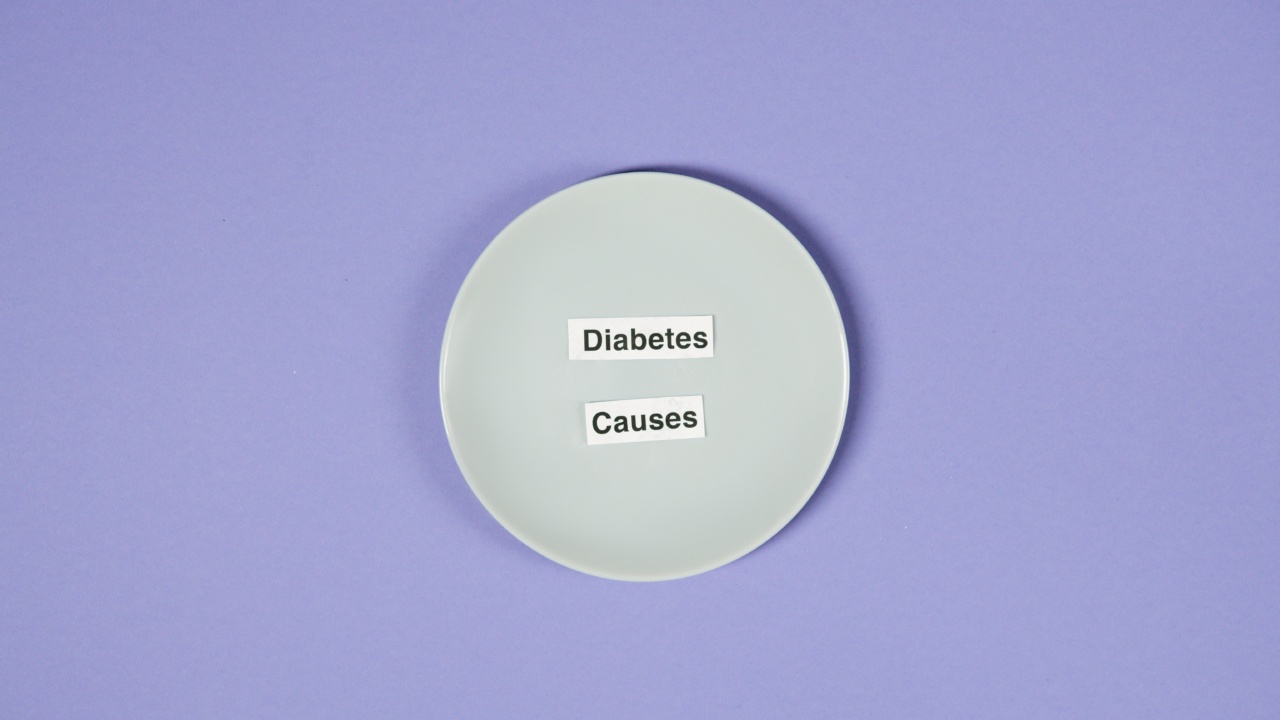Indigestion is a common problem that affects many people across the globe. It is characterized by discomfort or pain in the upper abdomen, bloating, nausea, and vomiting.
In some cases, it can be a sign of an underlying condition such as gastroesophageal reflux disease, ulcers or gallstones. Understanding some of the causes of indigestion can help prevent it from occurring or identify the cause of the problem. Here are the top 30 causes of indigestion:.
1. Overeating
Eating too much food at once can cause indigestion because the stomach has to work harder to digest the food. This can lead to discomfort, bloating, and nausea.
2. Eating Too Quickly
Eating too quickly can also lead to indigestion. Chewing food properly and slowing down while eating can help prevent this problem.
3. Consuming Spicy or Fatty Foods
Spicy or fatty foods can often cause discomfort and indigestion. This is because these foods can take longer to digest and can increase the production of stomach acid.
4. Drinking Alcohol and Caffeine
Alcohol and caffeine can increase acid production in the stomach, leading to discomfort and indigestion.
5. Smoking
Smoking can increase acid production in the stomach, leading to indigestion. It can also weaken the lower esophageal sphincter, allowing stomach acid to flow back into the esophagus and cause heartburn.
6. Anxiety and Stress
Anxiety and stress can trigger indigestion by increasing the production of stomach acid and causing the muscles in the digestive system to contract.
7. Medications
Some medications such as aspirin, ibuprofen, and antibiotics can irritate the stomach lining, leading to indigestion.
8. Food Intolerances
Food intolerances such as lactose intolerance, celiac disease or gluten intolerance can cause indigestion symptoms such as bloating, pain or discomfort.
9. Gastroesophageal Reflux Disease (GERD)
GERD is a condition in which stomach acid flows back into the esophagus, causing heartburn and indigestion.
10. Helicobacter pylori Infection
This type of bacterial infection can cause stomach ulcers and chronic indigestion.
11. Hiatal Hernia
A hiatal hernia occurs when the upper part of the stomach herniates through the diaphragm into the chest. This can cause heartburn and indigestion.
12. Pregnancy
During pregnancy, hormonal changes and the pressure of the growing baby can cause indigestion.
13. Obesity
Obesity can increase the risk of developing gastroesophageal reflux disease, which can lead to indigestion.
14. Eating Late at Night
Eating late at night can increase the risk of developing indigestion because the body is not able to digest food properly while sleeping.
15. Eating Before Bed
Eating before bed can also be a trigger for indigestion, especially if the meal is heavy or spicy.
16. Dehydration
Dehydration can slow down the digestive system and lead to indigestion. It is important to stay adequately hydrated to keep the digestive system functioning properly.
17. Constipation
Constipation can cause bloating, discomfort and indigestion. Drinking adequate fluids, eating a fiber-rich diet, and increasing physical activity can help prevent constipation.
18. Acid Reflux
Acid reflux occurs when stomach acid flows back into the esophagus and causes heartburn and indigestion.
19. Peptic Ulcers
Peptic ulcers are sores that develop in the lining of the stomach or small intestine. They can cause pain, discomfort and indigestion.
20. Gastroparesis
Gastroparesis is a condition in which the stomach takes longer than normal to empty. This can cause bloating, discomfort and indigestion.
21. Irritable Bowel Syndrome (IBS)
IBS is a chronic condition that affects the digestive system. It can cause bloating, gas, diarrhea, and constipation, leading to indigestion.
22. Inflammatory Bowel Disease (IBD)
IBD is a chronic inflammatory condition that affects the digestive tract. It can cause pain, discomfort, and indigestion.
23. Gallstones
Gallstones are hard deposits that form in the gallbladder. They can cause pain, discomfort and indigestion.
24. Pancreatitis
Pancreatitis is a condition in which the pancreas becomes inflamed. It can cause abdominal pain, discomfort and indigestion.
25. Caffeine Withdrawal
Withdrawal from caffeine can cause headaches, fatigue and indigestion.
26. Poor Eating Habits
Poor eating habits such as skipping meals, eating too quickly or eating too much junk food can lead to indigestion.
27. Food Allergies
Food allergies can cause indigestion symptoms such as bloating, cramping, and diarrhea.
28. Lactose Intolerance
Lactose intolerance is a common food intolerance that can cause indigestion symptoms such as bloating, gas and diarrhea.
29. Eosinophilic Esophagitis
Eosinophilic esophagitis is a chronic allergic condition that affects the esophagus. It can cause indigestion symptoms such as chest pain and difficulty swallowing.
30. Anxiety Medication Withdrawal
Withdrawal from anxiety medication can cause symptoms such as nausea, vomiting, and indigestion.




























